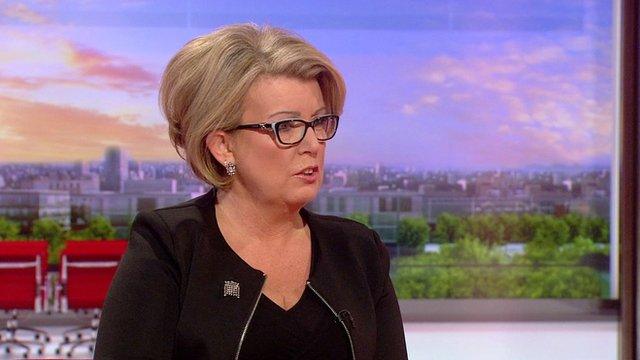Garry Newlove murder: Gang leader recommended for open prison move
- Published
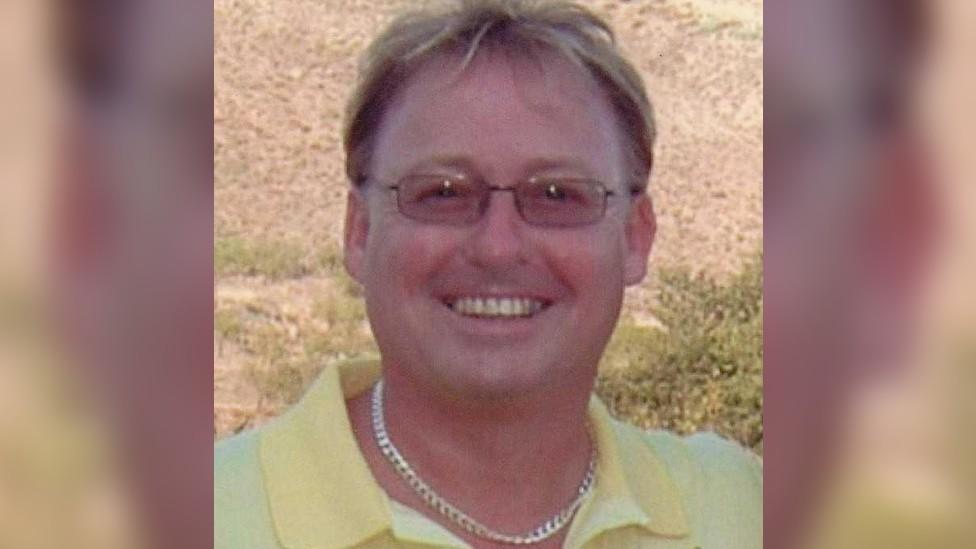
In 2008, a court heard Mr Newlove was kicked "like a football" when he confronted Swellings and two others
The Parole Board has recommended that the ringleader of a gang that kicked a man to death after he confronted them for vandalising his wife's car should be moved to an open prison.
Garry Newlove, 47, died in hospital after being attacked near his home in Warrington, Cheshire, in August 2007.
Adam Swellings, of Crewe, was jailed for life in 2008, along with two other members of the gang.
The justice secretary will now decide whether to back the board's decision.
Dominic Raab has the power to block the move of Swellings, who will be eligible for parole in August 2024, to a lower security jail.
'Careful assessment'
The then-19-year-old was jailed for a minimum term of 17 years in 2008 after Chester Crown Court heard Mr Newlove was kicked "like a football" when he confronted Swellings and two others about vandalism outside his home.
Stephen Sorton, then 17, and Jordan Cunliffe, then 16, were also jailed for life, with minimum terms of 15 and 12 years respectively.
Following the case, Mr Newlove's widow Helen campaigned for action on youth crime.
She became Baroness Newlove in 2010 for her work and later served as the Victims' Commissioner for England and Wales from 2012 to 2019.
In its recommendation, the Parole Board said after considering Swellings' offending, "the progress made while in custody" and other evidence, and making a "careful assessment of the benefits and risks of progressing him in this way", he should be transferred to open prison.
A document detailing the decision stated that at the time of the murder, Swellings drank and used cannabis and covered his "low self-esteem" with "arrogance" to "maintain status with anti-social friends".
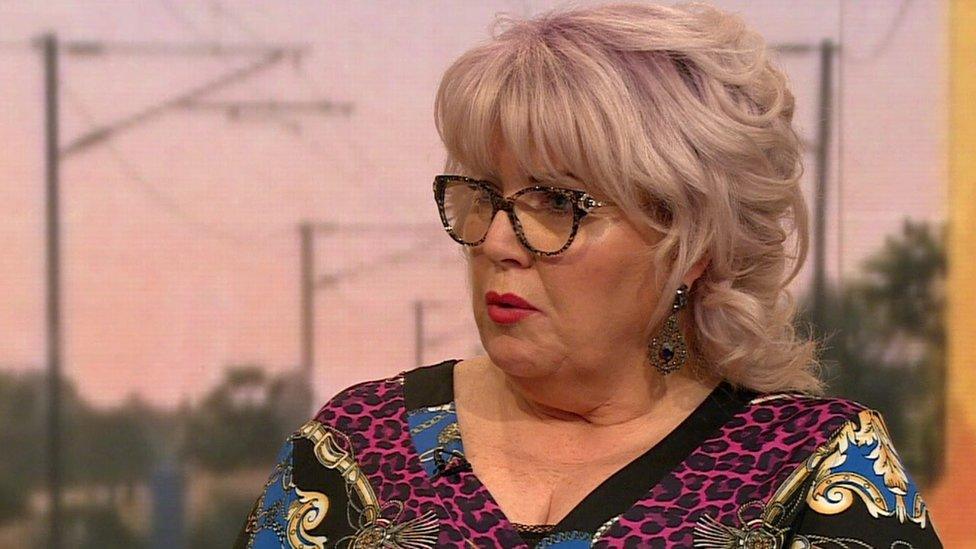
Mr Newlove's widow Helen campaigned for action on youth crime and later became Baroness Newlove
It said he "had difficulties dealing with extremes of emotion" and expressed anger in "extreme aggression".
However, it said there had been "no concerns about his behaviour throughout his time in custody", he had taken part in rehabilitation and "victim awareness" training and his conduct had been "exemplary".
It added that a psychologist believed open conditions were a "more realistic setting" in which to test his progress.
The decision followed Swellings' first time in front of the board.
The board said it was "now for the secretary of state to decide whether he accepts the... recommendation".
In 2020, a judge ruled that Jordan Cunliffe should be released, despite a challenge from then-Justice Secretary Robert Buckland, who claimed claiming there was "insufficient evidence" he was no longer a risk to the public.
At the time, it was also reported that Sorton had been moved to an open prison in preparation for parole.

Why not follow BBC North West on Facebook, external, Twitter, external and Instagram, external? You can also send story ideas to northwest.newsonline@bbc.co.uk
Related topics
- Published6 November 2020
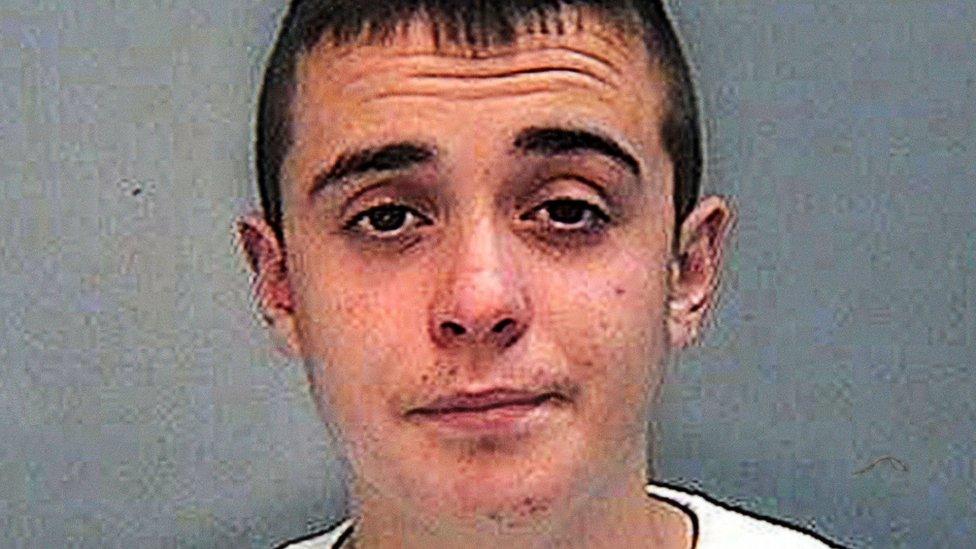
- Published14 May 2020
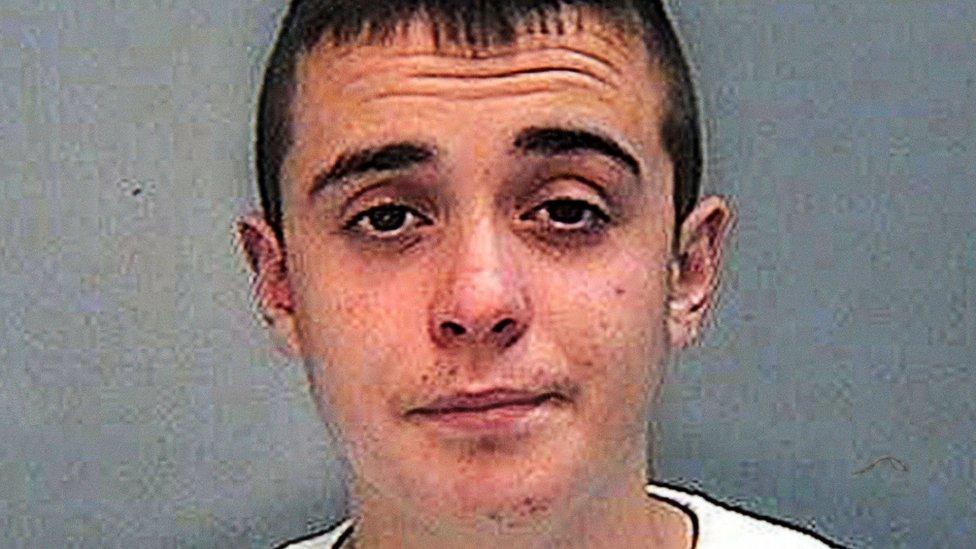
- Published24 February 2020
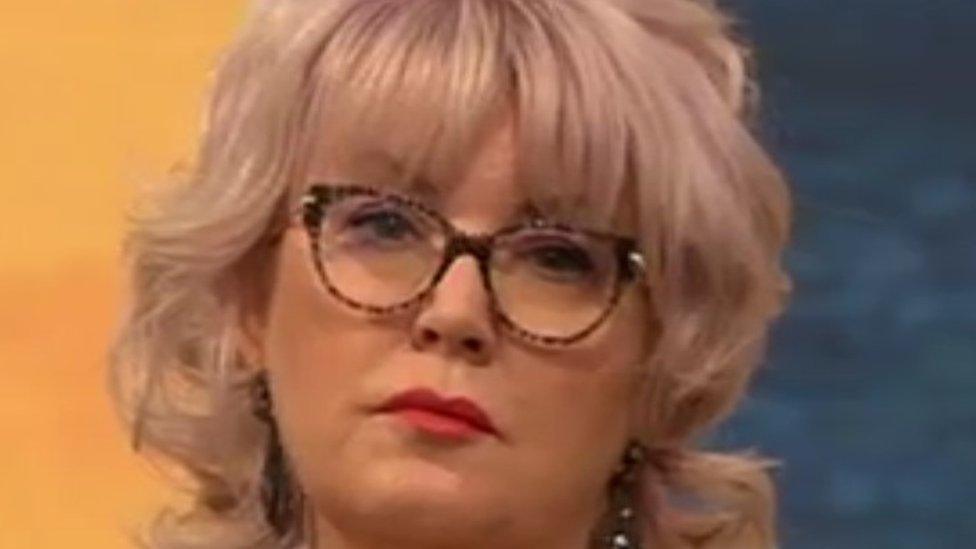
- Published8 April 2019
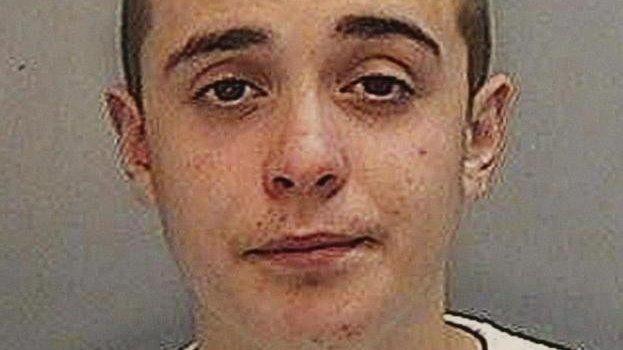
- Published30 April 2019
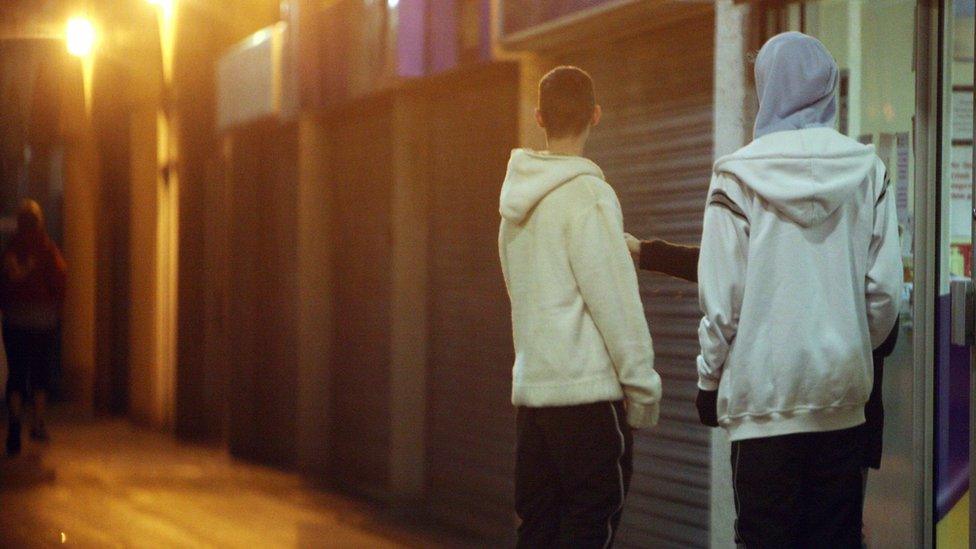
- Published27 January 2015
